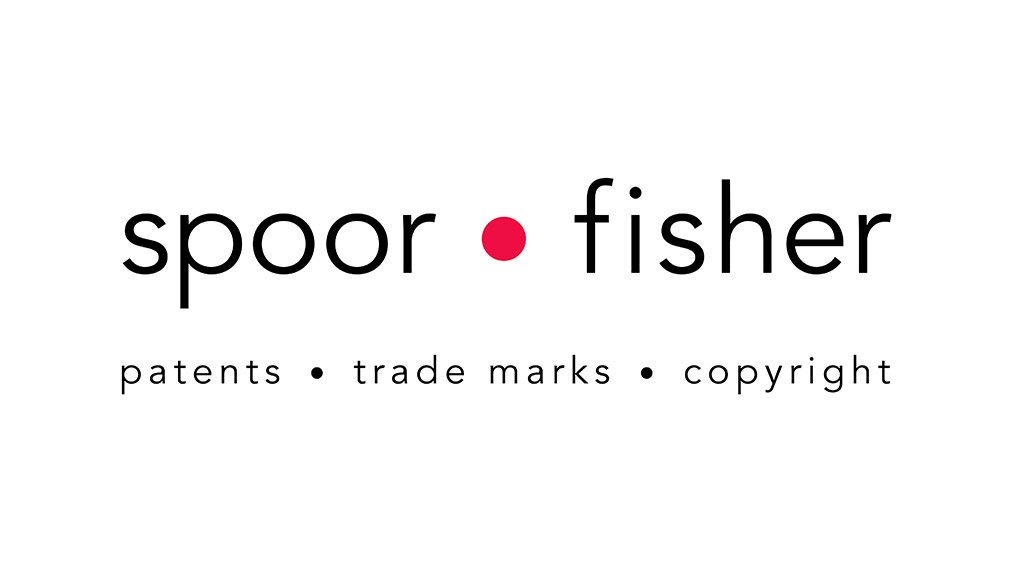Complementary and alternative medicines are not currently regulated by the Medicines and Related Substances Act No.101 of 1965 (the Act). This may change if the proposed amendments to the General Regulations in terms of the Act come into force. The Minister of Health, Dr Aaron Motsoaledi, has published draft amendments that would bring complementary and alternative medicines (CAMs) into the ambit of the Act, with the result that this sector of the industry would also be regulated by the Medicine Control Council (MCC) of South Africa. A guideline document has been published by the MCC, indicating what would be required of manufacturers of these products. While the guidelines cover the requirements in some detail, they also leave some important questions unanswered.
The potential impact of the draft amendments deserves careful consideration and analysis. In terms of the proposed definition a "complementary medicine" is one that is used, or intended to be used for, or manufactured or sold for use in assisting the innate healing power of a human being or animal, and that is used in accordance with the practice of the professions regulated under the Allied Health Professions Act No. 63 of 1982. Once the amendments come into force CAMs will have to be registered with the MCC which means that an applicant must then provide data on the safety, efficacy and quality of the medicine to be registered.
The high cost of clinical trials has been taken into account by the drafters of the guidelines, and in some cases applicants wishing to register CAMs will be allowed to submit literature-based evidence of the safety and efficacy of the proposed product. However, where claims made by the applicant are categorised as "high", clinical data will be required.
A further consequence of the proposed legislation is that manufacturers of CAMs will in future require a licence to manufacture these products, as is already the case with allopathic medicines. Current provisions relating to labelling, advertising, package inserts, patient information leaflets and sampling will also apply to CAMs.
The guidelines refer to a "designated active ingredient, as defined", while there is no such definition in the proposed legislation, and while the proposed vague definition of complementary medicine does not include this concept. This appears to be the result of the South African Department of Health having based its proposals on similar Regulations that are applicable in Australia. The Australian Regulations contain a clear definition for complementary medicine and lists what are regarded as "designated active ingredients".
At present, there is no clarity as to whether or not products such as sport nutrition formulations, multi-vitamins and energy supplements would be regarded as CAMs. Interested parties were given until 22 September to provide submissions regarding the guidelines, while the deadline for submissions on the published Regulations is 22 October 2011.
For further information or advice on this matter, please contact the S&F Product Regulatory Advice Team.
EMAIL THIS ARTICLE SAVE THIS ARTICLE
To subscribe email subscriptions@creamermedia.co.za or click here
To advertise email advertising@creamermedia.co.za or click here











